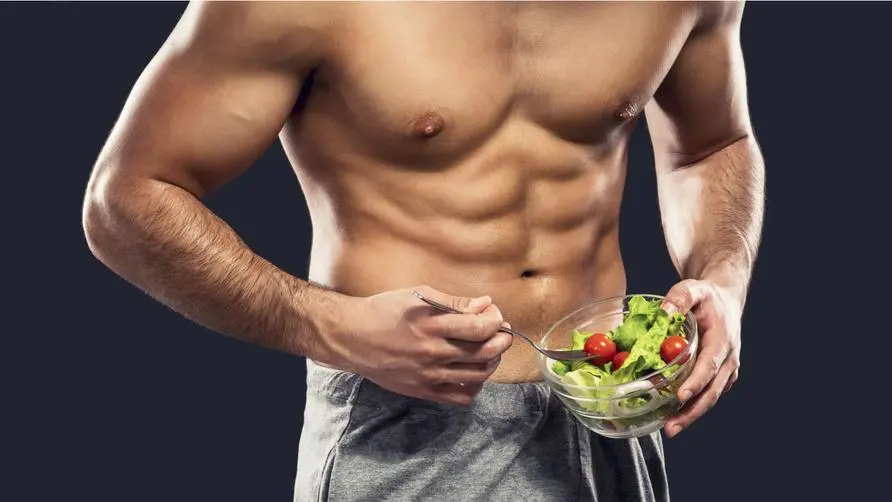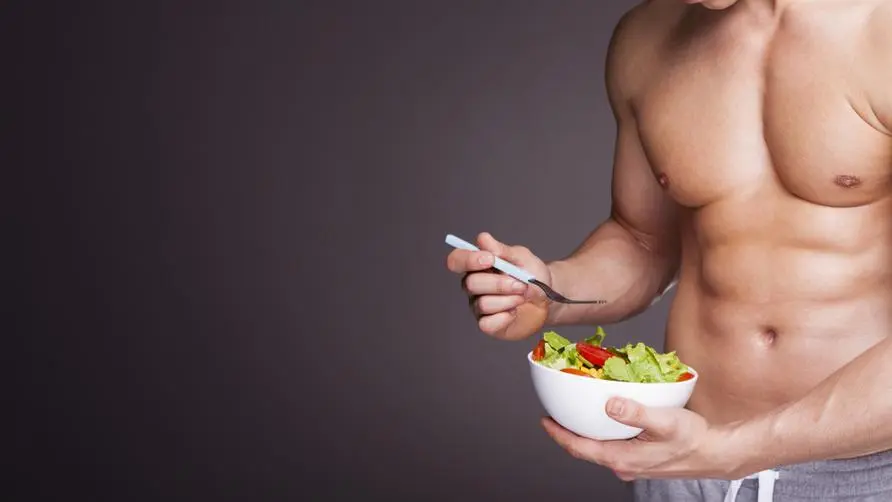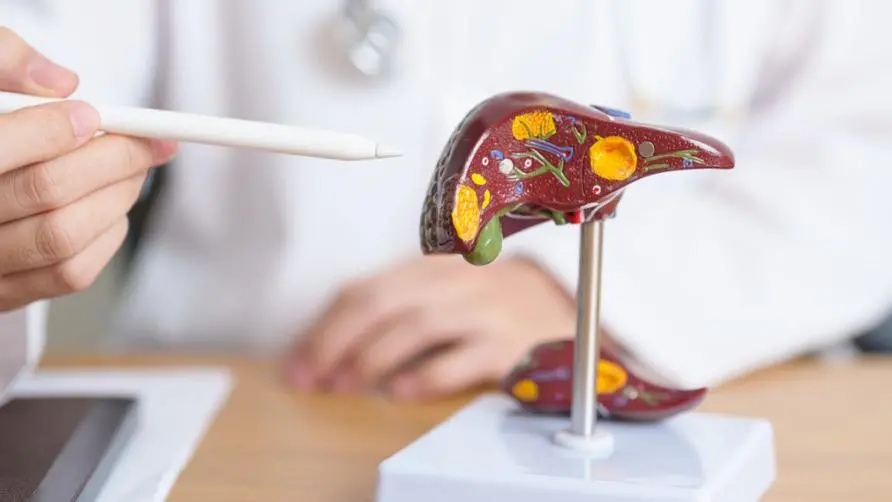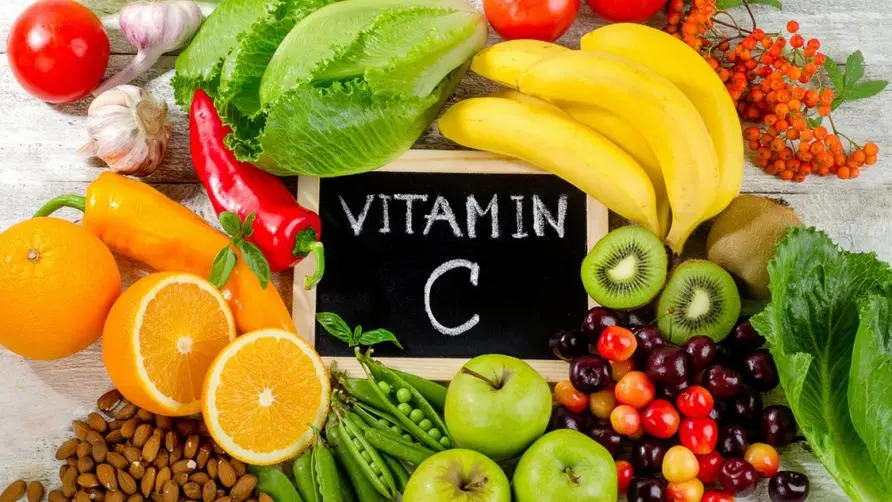Can you build muscle without drinking "protein powder"? Experts reveal the "8 major foods" you must eat to gain muscle. People who are underweight should understand more

The current trend of healthy eating mainly focuses on “weight loss diet” to prevent chronic diseases and obesity; however, there are also many people who are underweight and have regular exercise habits but their muscle mass is not as good as expected; many people will try to drink “protein powder” to prepare Drinks are used to supplement protein in the hope of gaining higher muscle mass. However, if an individual suffers from chronic kidney disease or liver disease, too much protein powder may be harmful to the health of the above-mentioned patients.
Therefore, if you want to gradually increase muscle mass through a natural diet and ensure that the process is safe, Natalie Olsen, a weight loss and nutritionist at Western State University in the United States, recommends moderate intake of the following 8 foods to increase muscle mass and promote overall health. :
1. Dairy products.
Milk also provides nutrients needed by the human body such as fat, carbohydrates, and proteins, and is also an excellent source of vitamins and minerals. A study in “The American Journal of Clinical Nutrition” pointed out that subjects drinking low-fat milk after weight training had a more muscle-building effect than drinking soy milk. Dairy products such as cheese and yogurt can also provide high-quality protein and promote muscle production.
2. Beef.
Olsen said that beef contains leucine and creatine, two nutrients that play an important role in increasing muscle mass. A previous study of 100 people confirmed that adding beef to the daily diet of women aged 60-90 can help increase muscle mass by 18% during weight training.
3. Nuts.
Regular consumption of natural, unflavored nuts provides a good source of fat, which can be beneficial for building muscle or weight. Olsen pointed out that nuts can replace potato chips and biscuits as main snacks, and can also be added to healthy foods such as salads.
4. Whole grains.
Olsen said that whole grains, unlike other refined starches, contain complex carbohydrates and are a high-quality source of carbohydrates. For example, eating whole wheat bread instead of ordinary bread, or consuming brown rice or purple rice instead of ordinary white rice will help to gain appropriate weight and avoid excessive obesity. Commercially available cereal bars offer a more convenient option for those seeking to gain muscle mass, and can also be consumed in moderation. But be careful to avoid items high in sugar and seasoning.
5. Starchy plants.
Starchy plants are high-quality sources of starch and contain large amounts of dietary fiber. Olsen said that eating starchy plants can avoid eating unnecessary calories while gaining weight. Beans, pumpkins, corn, oats, quinoa, etc. are all options that can be considered.
6. Salmon.
Olsen pointed out that 170 grams of salmon has about 240 calories, which is lower in calories than other meats, but is rich in several nutrients needed by the human body, such as Omega-3 fatty acids, high-quality protein and fat. It is a relatively healthy and hassle-free choice for those who want to gain muscle.
7. Avocado.
Olsen said that avocados are rich in good fats, as well as vitamins, minerals and plant-based proteins, which have a positive effect on building muscle. Previous research has also pointed out that the “monounsaturated fatty acids” in avocados are related to healthier cardiovascular function.
8. Dark chocolate.
Previous studies have pointed out that more than 70% of dark chocolate is rich in “epicatechin”, which helps reduce muscle inhibitory proteins and increase the speed of muscle production. However, cocoa ingredients that do not reach a certain dose, or chocolate with high sugar, milk powder, and emulsifiers, have relatively limited helpful effects.
In summary, Olsen said that the above foods can increase calorie intake in a healthier way and help gain weight safely and effectively. However, if the public has doubts about any weight gain process, they should still consult a doctor or nutritionist first and obtain their approval before changing their eating habits, which can make the weight gain process twice the result with half the effort.
Source:
Body Composition and Strength Changes in Women with Milk and Resistance Exercise
Further reading:
Isn’t it helpful to take vitamin D? Weight training increases “antioxidant” capacity even better





